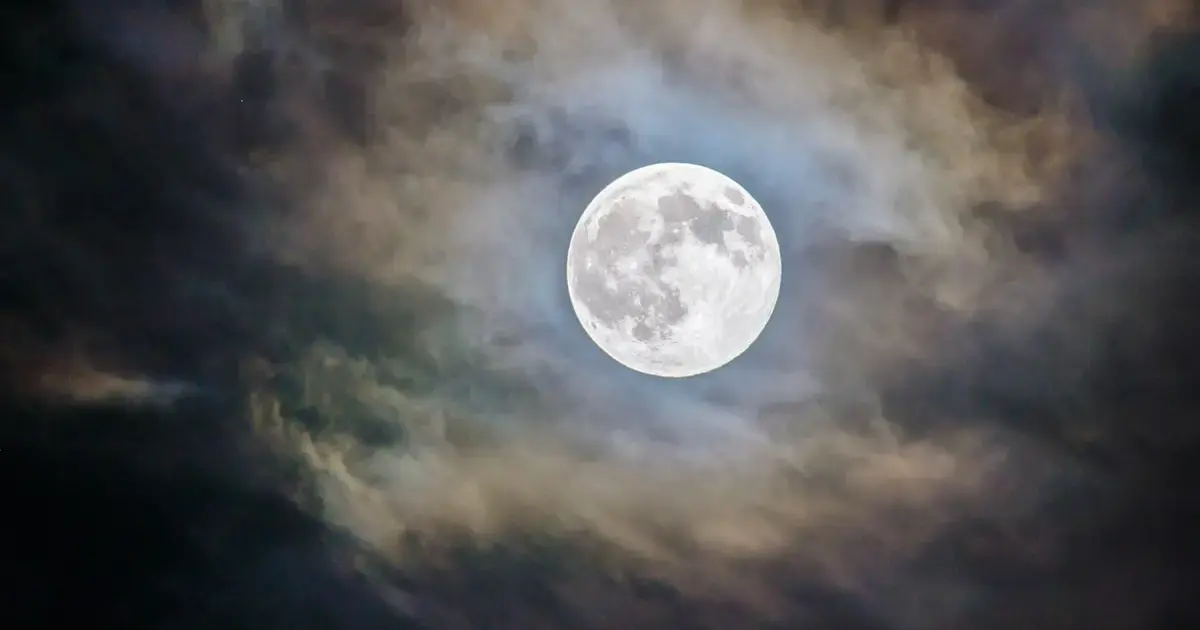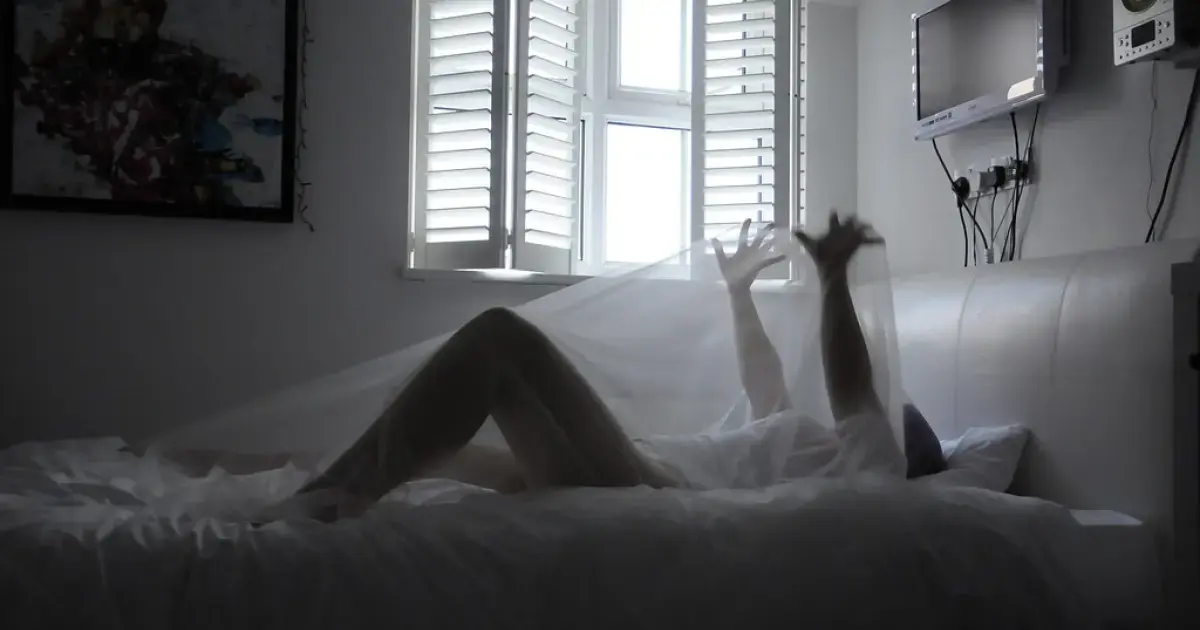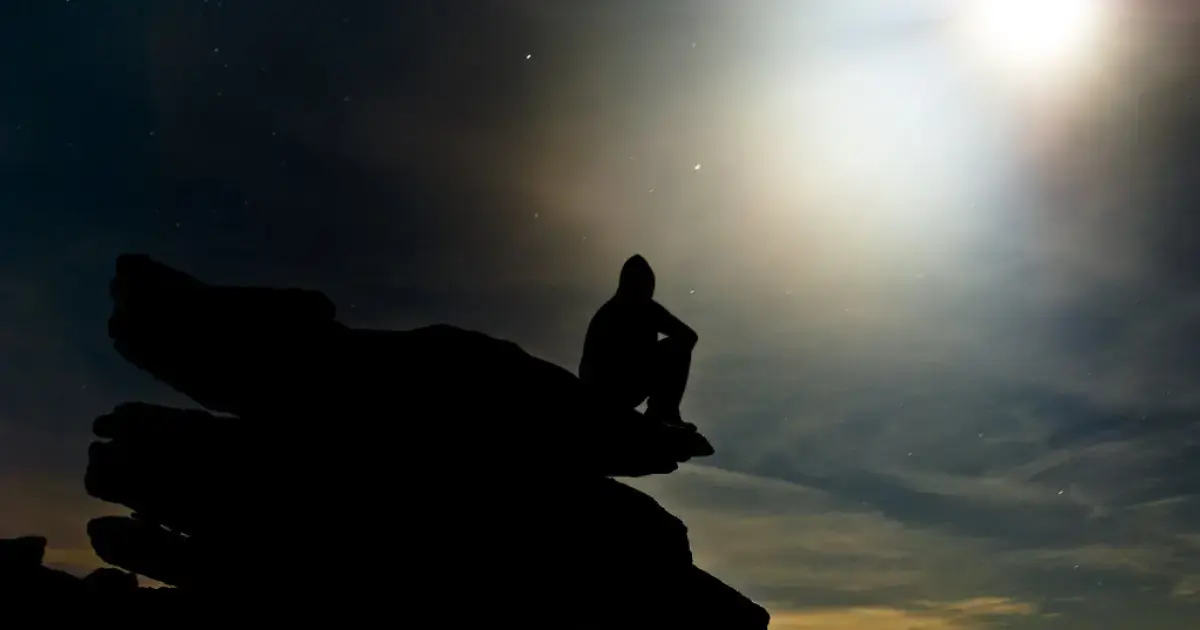 Doctors, police officers, and rescue workers often share that during a full moon, their nights become more intense. What does science say about this?
Doctors, police officers, and rescue workers often share that during a full moon, their nights become more intense. What does science say about this?
Research has shown that the full does have a slight impact on our nighttime rest, but its effect on mental health is less clear. This is according to neurologist Joanna Fong-Isariyawongse from the University of Pittsburgh, who studies the connection between sleep and brain health.
She notes that several studies have confirmed that in the days leading up to a full moon, people sleep differently than usual. Their lasts about 20 minutes less, they take longer to fall asleep, and they spend less time in deep restorative sleep.
The most likely reason for this is . The bright moon in the evening can disrupt the body’s internal clock and reduce melatonin production (the hormone that signals it’s time to sleep).
Interestingly, this effect is more pronounced in areas without artificial lighting, such as rural settings, says Dr. Fong-Isariyawongse.
Researchers have also repeatedly shown that men and women may react differently to the full moon and the days leading up to it. For instance, when the moon is waxing, men tend to sleep less, while women’s sleep becomes less deep and restful during the full moon.

What about the full moon’s impact on mental health?
For centuries, people have blamed the full moon not only for sleepless nights but also for causing madness.
According to modern research, lack of sleep is a significant factor contributing to mental health issues. Even one rough night can heighten anxiety and ruin your mood. Prolonged sleep disturbances increase the risk of and exacerbate mental disorders. Therefore, even a slight loss of sleep during a full moon can be quite significant for those prone to such issues, as reported by Science Alert.
Interestingly, researchers have never found a link between moon phases and hospitalizations or the length of hospital stays.

Why is the myth about the full moon’s influence so persistent?
If science is reluctant to believe in this myth, why do so many people continue to expect the effects of a full moon? Psychologists explain this through the theory of illusory correlation. This theory suggests that we notice and remember unusual nights that coincide with a full moon, but we forget many such nights when there was no full moon.
Moreover, the moon always makes its presence known because it is so visible. It’s easy to blame it, unlike hidden factors that disrupt sleep, such as stress, caffeine, or scrolling on your phone.
Our bodies are designed to follow the natural cycle of light and darkness. Excessive evening light (moonlight, streetlights, smartphone screens, etc.) disrupts circadian rhythms, inhibits melatonin production, and leads to more superficial and fragmented sleep.
The same biological processes explain the health risks associated with the transition to daylight saving time. When we set the clocks forward, evenings become unnaturally brighter. This shift delays the onset of sleep and disrupts circadian rhythms on a much larger scale than a full moon, leading to an increase in accidents and heart attacks.
So, if you feel anxious during a full moon, it might just be true: our planet’s satellite is indeed affecting your sleep. But if becomes a regular occurrence, it’s worth looking for other culprits, advises Dr. Fong-Isariyawongse. Perhaps the issue lies with the light emitted by the phone in your hand.
Photo: Unsplash
